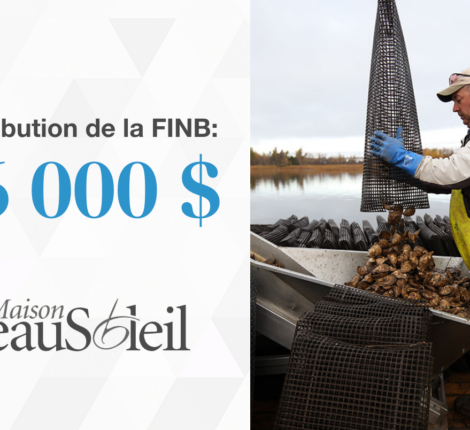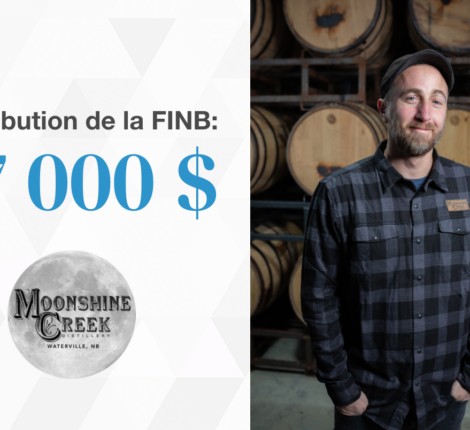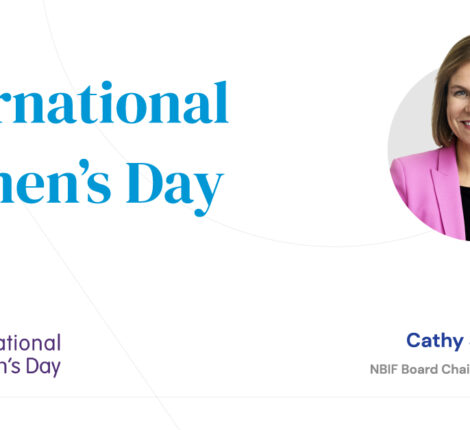- 27 septembre, 2011
- Idées d'innovation
- Comments : 0
$500,000 investment allows N.B. company to expand
By Geoff Bird – Telegraph Journal | link to original article
Inversa Systems Ltd. is building on its experience underground to take its technology offshore.
The Fredericton-based firm has designed a diagnostic scanning tool for industrial infrastructure, a sort of medical CT scan that analyzes the health of metal and concrete that lays beneath the surface.
Over the past year or so, Inversa has been refining its technology in a commercial setting, scanning culverts than run under highways and roadways for customers such as the New Brunswick Department of Transportation. It can figure out what needs replacing and what is best suited for far cheaper and simpler repairs.
« It's a big market and one that we can do really well, » Inversa president John Bowles said. « We've been very slowly building our reputation. »
Bowles said the experience has prepped the firm for its ambitious jump into the offshore oil and gas industry, a far more technical setting with more serious consequences if its infrastructure fails.
If the company is successful, the technology will mean big savings for rig owners, allowing identifation of a problem within pipes without taking them apart and shutting down operations for hours or days.
Bowles said a day-long shutdown at a refinery is $1.5 million in lost production, a steel mill is $22 million. Oil rigs keep that cost secret, though Bowles said those numbers at least give an idea of cost scale, explaining why some oil and gas firms have been eager to hear about Inversa's technology.
Bowles said that, with diligent scientific work, publication of their results and proven success in the field, Inversa hopes its scanning tools will some day be a regulated standard for offshore rigs.
« That's the home run of what we do, » Bowles said.
Getting to that stage requires money, because the cost of entry to the industry is enormous. Firms looking to test their wares on a rig need to pay for lifeboat and safety training, the helicopter ride out and accommodations, which Bowles said can add up to $20,000 a day.
Last week, the firm was given a boost to make that leap offshore possible with twin $250,000 investments from the New Brunswick Innovation Foundation and the Moncton-based Technology Venture Corporation. That money allows Inversa to meet the conditions of its $2.1-million Atlantic Innovation Fund award, which was announced by the Atlantic Canada Opportunities Agency in March.
The investments, plus money from its commercial projects, will allow Inversa to be self-sustaining over the next three years while it intensively develops its technology for offshore oil and gas applications, said Bowles.
The company has kept its costs low, keeping a core team of about 10 engineers to scan and analyze, a fact that hasn't been lost on investors, Bowles said.
« We're trying to be the surgeons of industry rather than the technicians, » he said.
Inversa is moving toward a model that will allow clients to take its technology and perform the scans, sending the information back to Fredericton for analysis.
« They're a very exciting company, » said Calvin Milbury, president and CEO of the New Brunswick Innovation Foundation. « We've been involved with the company for a long time now, so it's been great to see it go from just an idea to actually commercializing a product. »
« We're really excited about the potential that's inside this company, » Milbury said, citing opportunities in oil and gas and civic infrastructure, but also in port and airport security.
« Their management team has done a very good job in taking their time and calculating out how they want to grow the company, » he said. « They've been mindful in making sure the market is ready for their products before substantiating the need for more people. »


